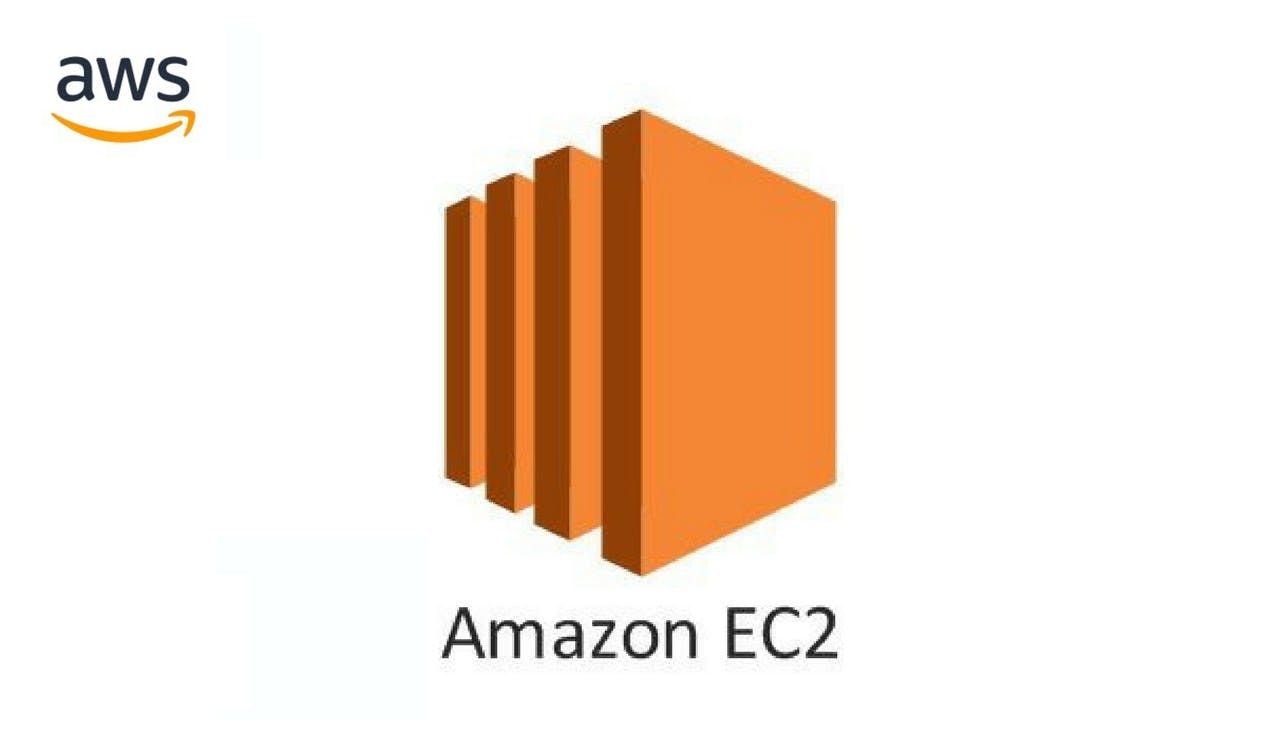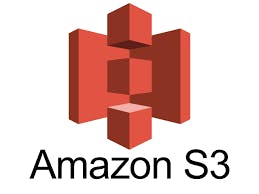AWS (Amazon Web Services) is a cloud-based platform that provides a wide range of services for software development. It is one of the largest cloud computing platforms in the world and is used by many organizations for hosting, storage, and application development.
AWS offers a variety of services for software development, including compute, storage, databases, and application services. Here are some of the most popular AWS services for software development and how they can be used:
EC2 (Elastic Compute Cloud) - EC2 provides scalable compute capacity in the cloud. This allows developers to create, launch, and manage virtual machines (instances) in the cloud. EC2 is a popular choice for hosting applications and websites because it is flexible and can be easily scaled up or down as needed.

S3 (Simple Storage Service) - S3 is a scalable and highly available object storage service. It is used for storing and retrieving data in the cloud. S3 can be used to store files, backups, and logs. With S3, you can store data in the cloud and access it from anywhere.

RDS (Relational Database Service) - RDS is a managed relational database service. It makes it easy to set up, operate, and scale relational databases in the cloud. RDS supports popular databases like MySQL, Oracle, and PostgreSQL.

Lambda - Lambda is a serverless computing platform that allows you to run code in the cloud without having to manage servers. With Lambda, you can run code in response to events, such as changes to data in an S3 bucket or a request to an API Gateway.

API Gateway - API Gateway is a fully managed service for creating, deploying, and managing APIs. It makes it easy to create and manage RESTful APIs for your applications. With API Gateway, you can manage security, traffic, and access to your APIs.

These are just a few of the many AWS services that are available for software development. AWS offers many other services for different purposes, such as analytics, machine learning, and security. By using AWS, you can focus on developing your applications, while AWS handles the underlying infrastructure.